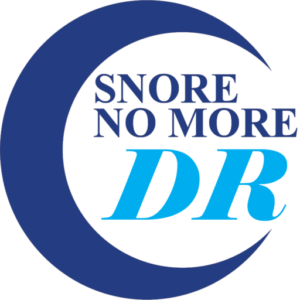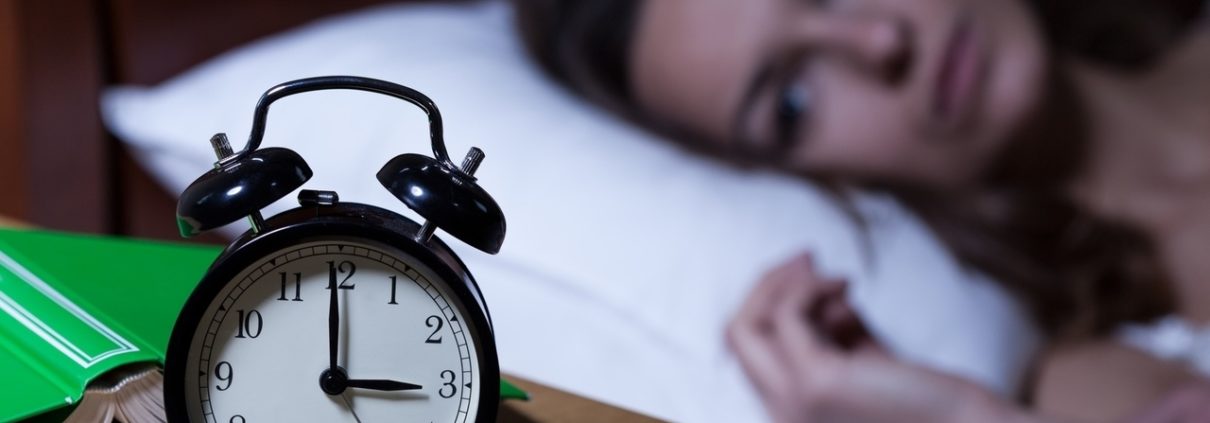Insomnia
Insomnia, is characterized by the inability to sleep or abnormal wakefulness, usually resulting from an underlying condition or cause. Sleep is one of the most integral components of human life. During sleep our body repairs itself, our immune system becomes more enhanced, and our organs have a chance to rest and revitalize.
Both men and women of all age groups suffer from insomnia. Individuals suffering from insomnia experience different symptoms and signs; difficulty falling asleep, waking frequently during the night with difficulty returning to sleep, waking too early in the morning, and unrefreshing sleep.
Typically, all types of insomnia are associated with feelings of restlessness, irritability, anxiety, daytime fatigue and tiredness.
Techniques to getting a better night sleep are behavior, environment, diet, and exercise.
Behavior. If possible, have a regular schedule and keep to it. Try to engage in a routine prior to sleep in order to prep the mind and body for sleep. An excellent routine that I recommend is while lying in bed take five slow and very deep breaths then close your eyes and imagine a sponge above your head absorbing all your daily stress and negative thoughts. Do this until you have let it all go. Then imagine yourself on a tropical beach, with the waves gently rolling in and as the water recedes, it takes the remaining stress out to sea. Starting from the top of your head to your neck, relax, let the stress go. Now follow by relaxing your shoulders, arms and down to your hands, and follow with your chest, then gut, until you reach your feet. Slowly falling as you let yourself go, deeper and deeper into a relaxing and enjoyable sleep and try to limit the time you spend awake in bed. If you are awake in bed for 15-20 minutes, get up and leave the bedroom. Try to engage in a quiet activity until you get drowsy. Also, try to avoid naps throughout the day.
Environment. Try to maintain a dark bedroom and keep lights low. Always set a cool, yet comfortable temperature in your bedroom. A bedroom that is too warm or hot can cause discomfort and awaken you during your sleep. Avoid or minimize loud noises if possible. If needed, try using ear plugs or a white noise machine. Keep the bedroom well maintained, clean, and free of any potential allergens.
Diet. Avoid caffeinated beverages for at least six hours before bed. Chocolate, coffee, and some teas contain caffeine and can cause spurts of energy and alertness, getting in the way of sleep. Avoid alcoholic beverages at least three hours before bed. Although alcohol may help with the onset of sleep, your sleep will be fragmented and of poor quality. Nicotine is something else that you should avoid before sleep (and all together). Believe it or not, minimal withdrawal symptoms can occur during sleep causing you to wake. If possible, eat a light carbohydrate snack prior to your bedtime. Hunger can obviously disturb your sleep so a small snack can pull you through the night. But don’t eat large or heavy meals for they may cause physical discomfort and keep you from sleeping adequately.
Exercise. It is critical to maintain a regular exercise routine. Regular exercise promotes a regular sleep/wake schedule within your body. The body likes, and NEEDS a routine. Avoid any strenuous exercise about three to five hours before sleep. Since exercise raises body temperature and sleep lowers body temperature, exercise can confuse the mind and body’s sleep cycle.



